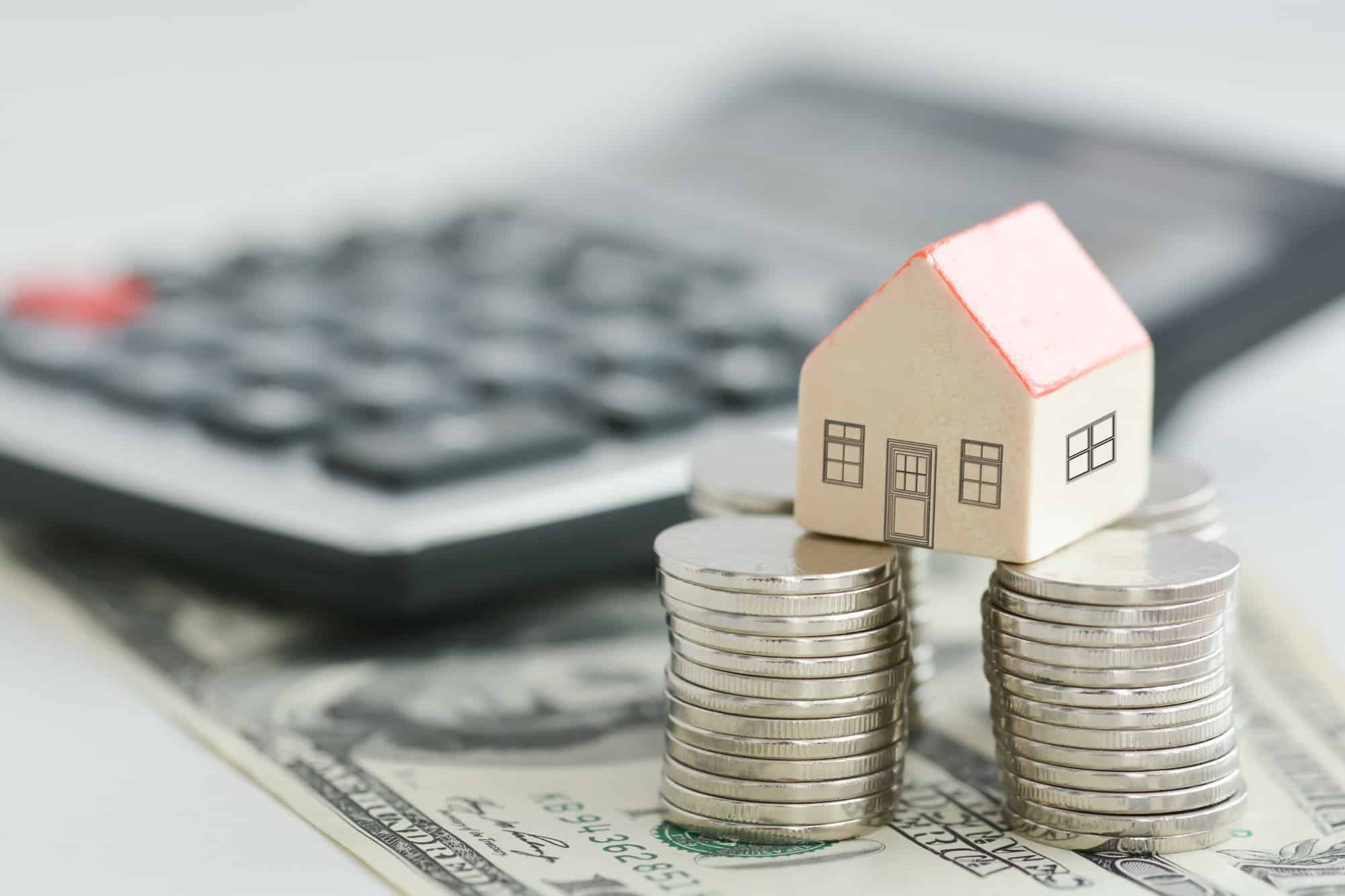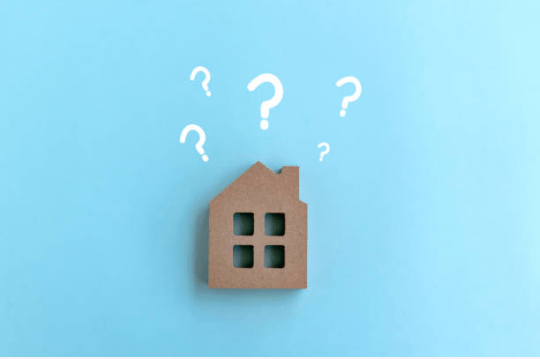You’re in the process of buying a home. This is the dream home you’ve been saving up for, a $300K house in a nice neighborhood. One of your friends mentions mortgage points and how they reduced his monthly payments in the long-run. You become intrigued and want to take advantage of the offer as well. However, you’ve never heard of a point system and don’t know if it’s right for you.
But what is a point?
A point is an interest that you pay upfront. You can buy several points to save even more money on interest payments, which can lower your monthly payments and reduce your interest overall. Read further to learn the pros and cons of buying down mortgage rates.
What are mortgage points?
Paying advanced interest means you can get a lower or discount rate in the future. Moreover, buying a point will lower your interest rate. You can also buy points when you refinance an established mortgage. A homeowner who purchases multiple points can save more money in interest. You may also hear the term discount points, which is just another reference to mortgage points. In addition to the lending standards, the point system depends on two main variables, such as:
- The loan type
- Market conditions when closing begins
Even though the pricing varies, a common point will slice away 0.25% away from the mortgage interest rate. Overall, it costs the mortgagee 1% of the total mortgage balance.
- Example: If your home costs $300K, a single point would cost you $3,000, or 1% of the total balance. You have a 4% interest rate. Since the purchase of a single point lowers your rate by .25%, your new interest rate is 3.75 percent.
If you’re unsure how points will affect your balance, you can use a smart point calculator to see how many points can affect your payments.
How much can I reduce my monthly payment by?
You can save each month by buying a single point, but the savings will depend on the lending standards. To confirm the savings, you should use a calculator that incorporates the loan amount and the percentage points.
- Example: Let’s say you have a $300K home and are incorporating a 20% down payment. You take out a $240K loan on a 4.5% interest rate. Your mortgage is a conventional 30-year fixed loan. The point you buy amounts to 1% of the loan, or $2,400. After the mortgage process, your lender then reduces your interest rate from 4.5% to 4.25%.
Without the interest cut, your original payment came to $1,562/mo. With the rate cut, however, your new mortgage payment is $1,536, saving you $36 a month. If you choose to buy additional points, you could save $60 or more each month on your payments.
What are my point options?
Your lender will give you three choices. First, you can receive points in the form of lender credits. You can use these credits to pay the closing costs. The lender credit allows you to cover most or all of the closing costs. You can then apply the credits to the mortgage balance.
The second option is to pay the points at closing to get a lower interest rate. Finally, the third option is to reject the points altogether in favor of a zero-point loan.
Are mortgage points negotiable?
Mortgage points are negotiable. Mortgage points are negotiable in the same way as mortgage interest rates. Before the negotiation, speak to someone who has the direct authority to adjust the points. Mortgage brokers and loan officers have the power to change the rates.
Additionally, you may come across cases where the lender will add points to your loan to lower the interest rate. However, you should ask for a loan that has no points attached to it. A loan that has no points allows you to compare lenders on an even footing. You can then decide if you want to add points to your mortgage.
How many points can I buy?
The amount of points you buy depends on the lending institution. However, you can buy more than two points to lower the interest payments. With that, lenders will usually only allow you to procure up to four points.
The point restrictions stem from state and federal mandates that regulate closing costs. Since the state guidelines vary, however, you can purchase more points than other states.
Are mortgage points tax deductible?
Tax authorities allow you to deduct the full cost of your points in the year that you pay the points. With that, you may still deduct the points throughout the lifetime of the loan, and if you can’t, you pay them. The IRS imposes some basic guidelines, such as:
- The mortgage must pertain to your primary residence
- The points must coincide with your mortgage balance
- The points paid must not grossly exceed the typical pints paid in the area where you live
- You cannot borrow money from the mortgage holder or broker to pay the points
- The point-buy system must be a common practice in the area where you reside
- You use the cash accounting method, which means that you report the income in the same year that generated it.
If you can deduct points, you can note the deduction in your 1040 Form, Schedule A. You receive a 1098 form from your lender showing how much you paid in interest on the loan, including the mortgage point interest.
You would then input this information in line 10 of your Schedule A form. You can also any additional interest you paid inline 12. If you’re unsure of the process or if you qualify for the deduction, speak to a tax professional for more information.
Do mortgage points make financial sense?
Mortgage points are only worthwhile if you plan to stay in your home for a while. Over the long-term, you’ll pay a lower monthly payment as long you stay in the house. It’s the best option if you desire a lower payment or a reduced interest rate during the later part of the loan. Further, the decision to buy points comes down to a break-even point of your mortgage. The break-even point of your mortgage occurs when the monthly savings match the upfront costs. The break-even period can vary based on such factors as:
- Home type
- Interest rate
- Loan term
If you refinance your home or sell before the break-even period, you’ll lose money on the points you paid. If you plan on living in that house for an extended period, you can calculate when your break-even point will occur. When it comes to the points, it will take some time to recover the financial loss from paying the points upfront. It’s also the right choice if you have ample cash available but not a great deal of monthly income.
- Example: If you have a large sum of money but don’t qualify for a specific loan amount, you can pay the loan points and possibly qualify for the home purchase. It’s also a great option if you wish to buy a smaller home or want to lower your monthly payment overall.
If you cannot qualify for a loan, you can also ask if the seller is willing to pay the points on your behalf, locking you into a low-interest rate and payment plan that pleases lenders. However, you cannot deduct the points if the seller pays them instead.
In terms of refinancing, you can pay points if you have enough cash available, or if you have high enough equity to cover the costs. If you want to reduce closing costs, you can also pay negative mortgage points. However, negative mortgage points increase your interest rates.
- Example: If you choose to add a negative point to the closing, the lender will add .25 percent to your total interest rate. However, the lender may give you a 1% loan credit to pay off the closing costs.
Positive points, however, pertain to the .25% interest reduction and 1% of the mortgage balance. Also, the points are worth a buy if you don’t intend to refinance for an extended period. It’s also a viable choice if you wish to pay points on a refinance in a low interest-environment.
Further, adding points on a refinance will help you avoid future refinances in the future. Refinancing each time incurs additional costs to you. Instead of refinancing again in the future, you can lock down a suitable rate and pay sooner rather than later.
What are the cons of paying points?
The main drawback of mortgage points is the high upfront cost you incur when paying them. It’s not the best option if you don’t have much upfront cash to cover the expenses. It’s also not the ideal choice if you intend to stay in your home in the short-term. If you don’t want to stay in a home for years to come, then mortgage points aren’t worth the hassle. The same logic applies if you don’t intend to retain an investment property.
Further, paying points upfront may dwindle your cash reserves, especially if you’re using the money for a down payment. If you’re paying less than 20% in down payment, you may also have to get a home insurance policy. The same requirement applies if you have less than 20% home equity when you refinance your home.
- Note: You can speak with your lender if you wish to prevent mortgage insurance requirements.
Instead of paying points, you could use the funds for other aspects of homeownership, such as renovations or home insurance. Moreover, you could use your available money to pay down some of your existing debts.
You may also have to come up with more upfront costs if you have little equity in your home. Without the equity to buffer the mortgage balance, you must pay the remaining price of the points at closing.
Moreover, mortgage points don’t help if interest rates drop further than the interest rate on loan, especially before your break-even point. Staying in the loan also means that you’re missing out on a lower price.
How can I know if buying points is right for me?
To know for sure, you must assess your break-even period. To calculate your break-even point, consider the cost of the discounted points, and divide it by the monthly savings.
- Example: $675 cost divided by $14 each month in savings will give you a break-even figure of 48.2 months. In this case, paying mortgage points make sense if you intend to keep your home for over 48 months or 4 years.
Only pay your points if you have enough money to pay them now. Avoid borrowing money to pay points that you cannot afford. In many cases, you will only save money after you reach your break-even point.
Before the break-even point, however, you could save very little money overall. If you paid $2,400 for a point, you could save around the same amount in interest over the next 67 months. If you don’t plan on staying in your house long, then the $2,400 you saved in interest was completely futile.
If you choose the point route, there’s a high chance that you’ll save money after your break-even point. Even though most homeowners intend to stay in their homes for the long-term, unexpected events could happen, such as a sudden sell-offs and refinancing.
These events could also happen before your break-even period. Therefore, only use purchase points if you intend to make a firm commitment to stay in your home or avoid refinancing.
Mortgage Points Done The Right Way
When it comes to mortgage points, the best way to know if they’re worth the buy is to calculate the long-term gains for your situation. A single point can shave off over $30 off your monthly payments. Most importantly, you should plan to stay in your home in the long-term to justify purchasing mortgage points. Also, you must reach your break-even period to save money on the mortgage points. If the point system is worth it, you can reduce your interest rates and pay less over time.
Interested in reading more? Click here to learn more about mortgages.



